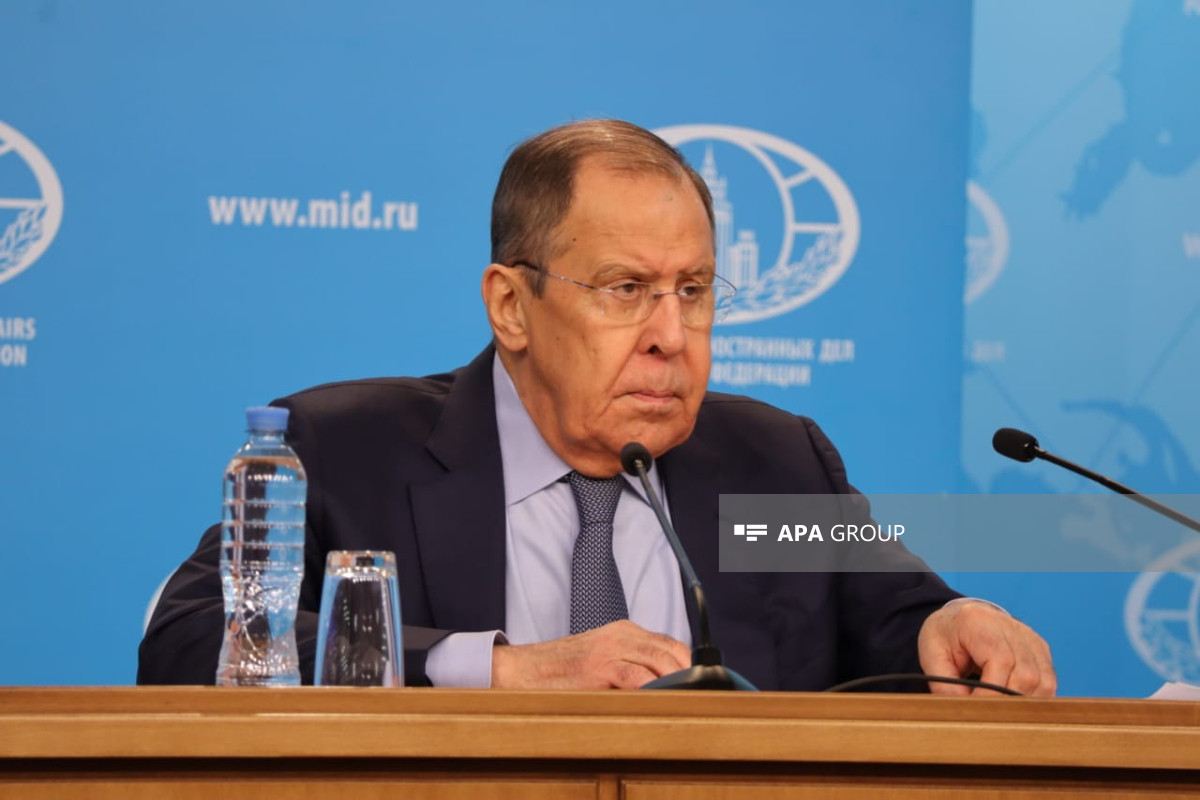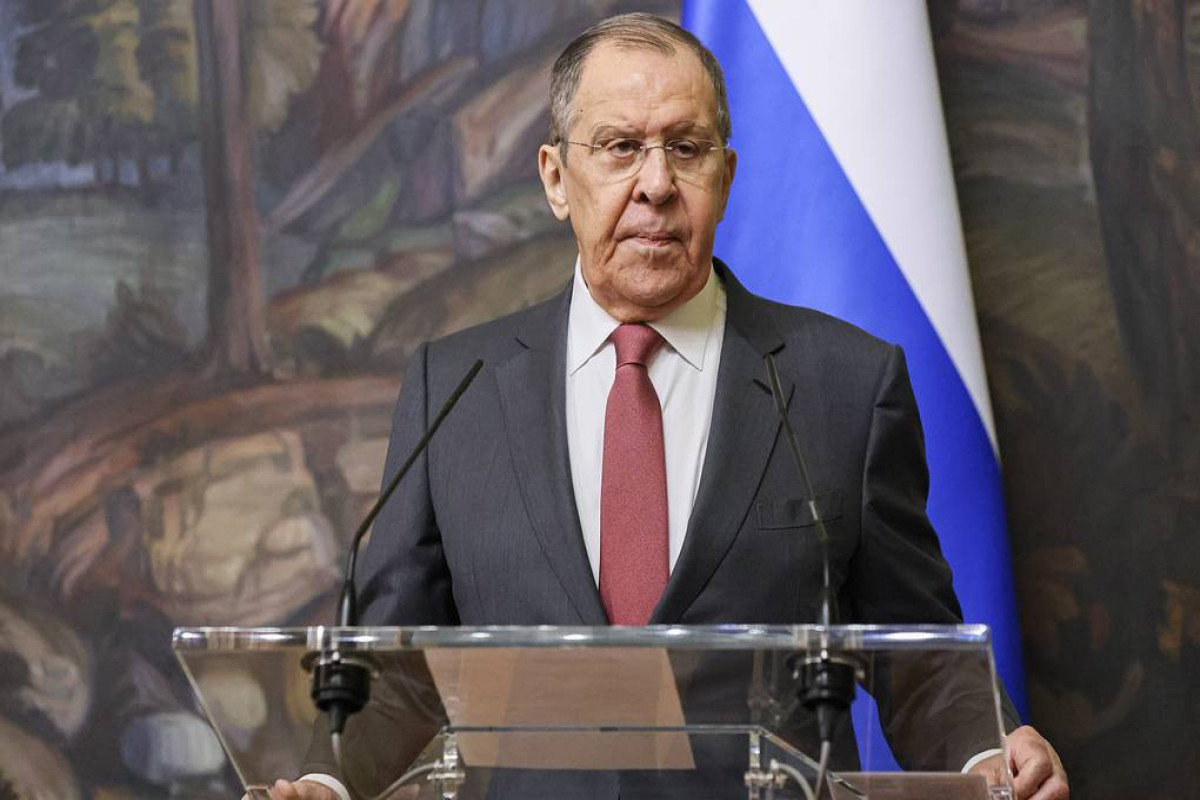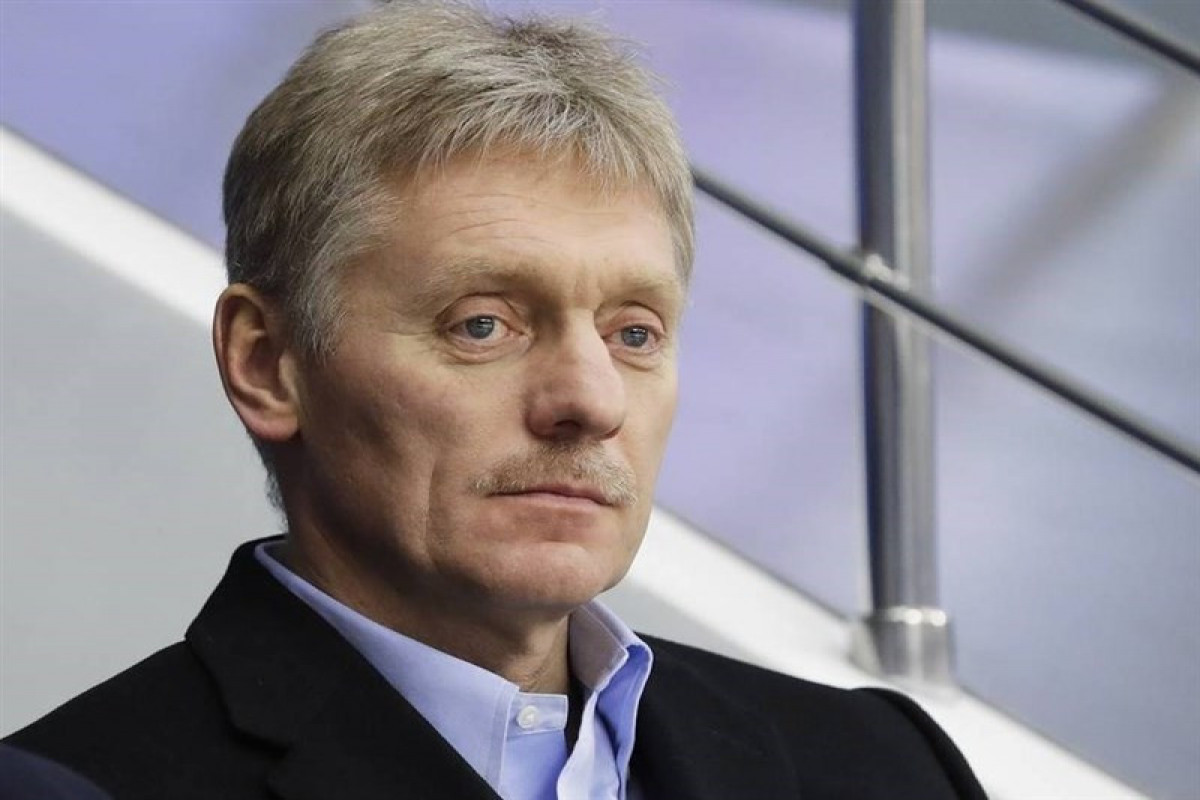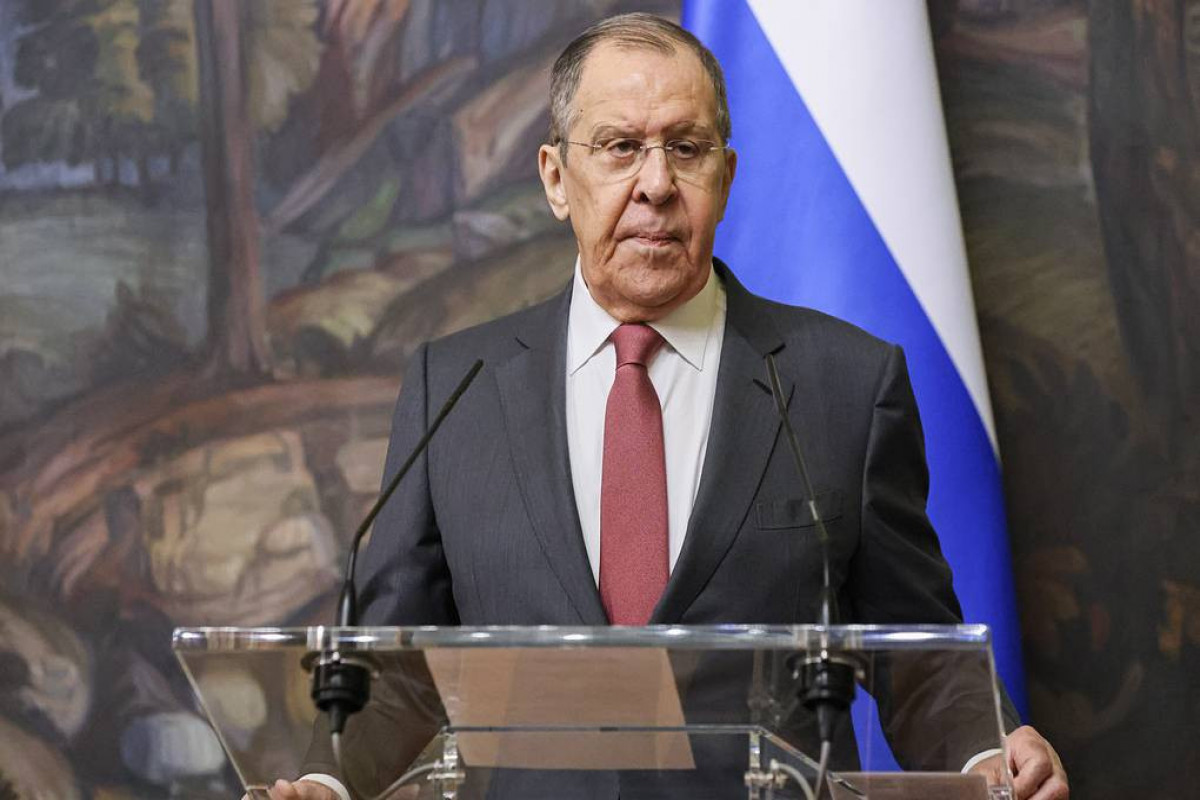This measure is contained in a draft final document for the meeting and may affect further facilitation of the visa regime or abolish the practice of issuing short-term visas to Russian citizens.
The European Union issued 5.940 million Shchengen visas to Russians in 2012, a million more than in the previous year, Russian Permanent Representative to the European Union Vladimir Chizhov said earlier this year. Russia issued about two million visas to EU citizens in 2012. Chizhov said he did not have data for 2013.
It’s the European Union’s turn to make the decision on visa-free travel with Russia, Foreign Minister Sergei Lavrov said after a meeting with his EU colleagues in Brussels in the middle of December 2013.
“There are several issues on our agenda we need to get off the ground. Our priority is the dialogue on visa-free travel, which has been on for more than eight years,” the minister said.
“In recent years, it has acquired concrete outlines: a list of joint steps has been agreed, which we and our European partners should take in order to ensure the security of travel documents and strict control on the border so that our citizens could visit each other calmly and safely,” Lavrov said, adding, “It’s the European Union’s turn to act.”
“We are convinced, and we can advise our leaders to make an announcement, that it’s time we started drafting an agreement on visa-free travel for short trips by Russian citizens and citizens of the EU countries that are members of the Schengen Area,” Lavrov said.
He said Russia had provided the European Commission with a report on the implementation of “joint steps” as part of the efforts to facilitate the visa regime. “Our partners promised to send us their report in the near future,” he added.
Lavrov earlier urged the ambassadors of 28 EU countries to speed up the transition to visa-free travel.
Russia is ready to abolish visas for EU citizens and it is now the European Union’s turn to act, he said.
“Facilitating mutual trips for our citizens as much as possible is a pressing task. They should have an opportunity to travel freely and unhindered. In this case dialogue between our civil societies and contacts between people would be much more intensive,” the minister said.
“We are prepared for that. Now it's the turn of our partners in the European Union to act. I am convinced that people are on our side,” Lavrov said.
“Everyone should take an unbiased look at what hinders further advancement of future-oriented bilateral relations and give up outdated ideological stereotypes and dogmas, prejudiced assessments and far-fetched claims,” he said.
Lavrov assured the audience that Russia sincerely wished the European Union success and prosperity. “We are interested in our own development and the EU is our largest partner in investment and cultural cooperation,” the minister said, adding that Moscow would like to have even more intensive ties with the EU.
The EU and Russia have been negotiating the possibility of a visa-free regime for many years. For this purpose the “Common steps towards visa free short-term travel of Russian and EU citizens” were agreed at the EU-Russia Summit in December 2011.
These “steps” are a kind of “roadmap” and foresee detailed work resulting in concrete actions in four blocks.
There is no target date or automaticity for the visa free-regime to begin, but an open-ended dialogue, guided by senior officials from both EU and Russia to review progress on the “Common Steps” and examine how the long-term aim of visa free travel can be achieved in practice. A number of expert meetings are in progress and the work is proceeding according to the schedule.
Travelling between the EU and Russia was made easier in 2007 when the EU-Russia Visa Facilitation Agreement entered into force. This agreement lowered the visa fee, made obtaining multiple-entry visas easier, simplified the list of supporting documents required, and waived visas for diplomats. A joint EU-Russia committee oversees the proper functioning of the agreement.
To make travelling even easier the EU and Russia are negotiating amendments to the existing agreement. The aim is to sign an Updated Visa Facilitation Agreement that will further facilitate travelling of citizens by providing a multi-year and multi-entry visa to more categories of ordinary and frequent travellers.
The EU and Russia have also signed the Readmission Agreement that entered into force in 2007 and establishes the principles and procedures for the transfer of persons, who have been found to enter, stay or reside illegally in the territory of the EU or Russia.






